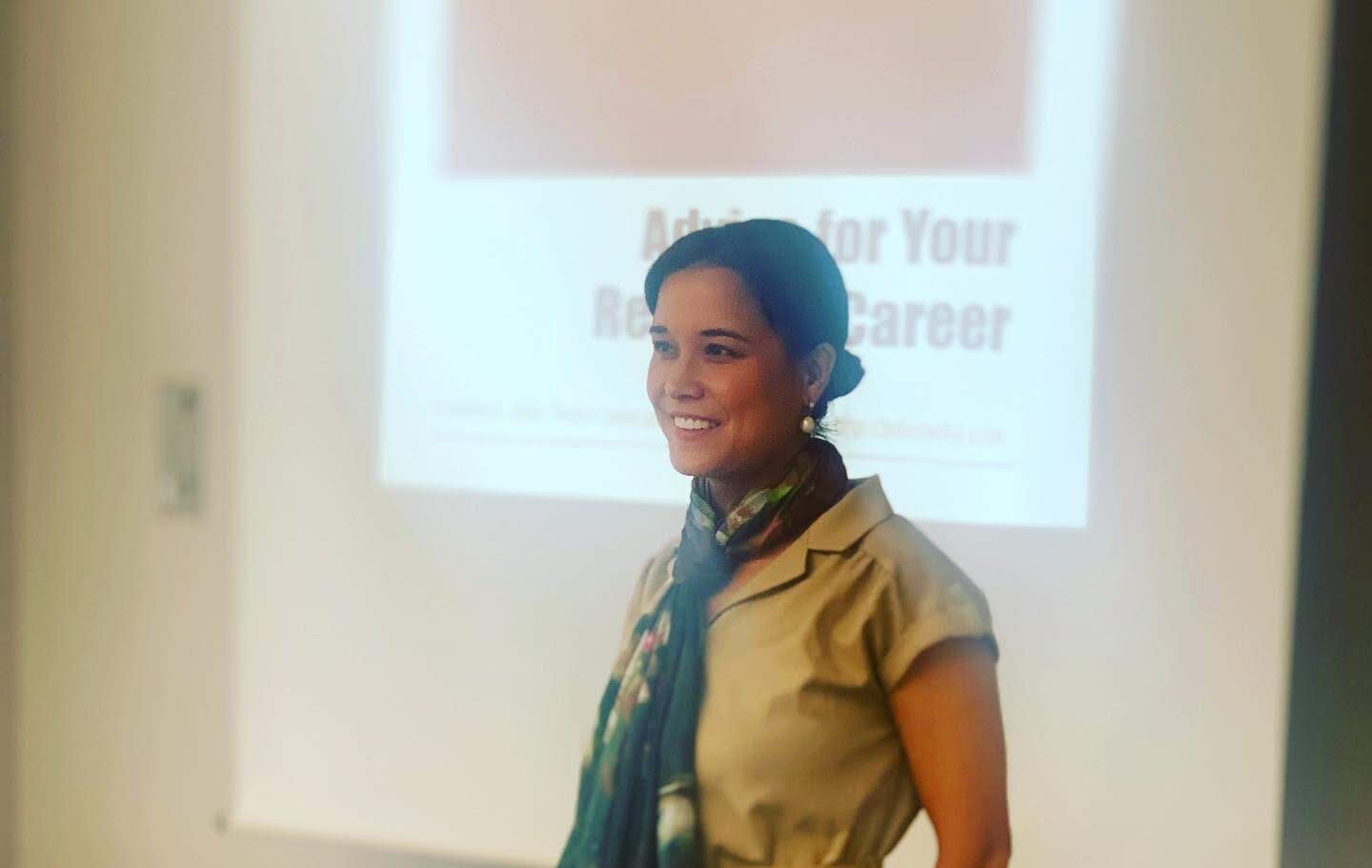Research Abstract and Preliminary Results | A Comparative Study of Danish and Japanese Women Entrepreneurs by Julie Taeko
Abstract for A Comparative Study of Danish and Japanese Women Entrepreneurs
What are the differentiating factors among women entrepreneurs in more gender-equal societies such as Denmark versus less gender-equal societies such as Japan? The two countries were chosen for their opposite rankings in terms of gender equality, a healthy entrepreneurial ecosystem, and rates of women's entrepreneurship. The objective of this paper is to understand the differences that exist among women entrepreneurs in countries that are more gender-equal like Denmark or less gender-equal such as Japan, and how living in a gender-equal society or not, affects the experiences of women entrepreneurs.
Based on 19 semi-structured interviews with women entrepreneurs in Japan, 14 interviews with Danish women entrepreneurs, and data from global organizations such as the World Economic Forum and the Global Entrepreneurship Monitor, I have discovered that the majority of women in both countries lived or worked abroad for over a month, and identified the following similar factors: courage, optimism, networking, support network, previous career, and an innovative business. Danish women differentiated themselves by identifying gender negative experiences, entrepreneurial advantages, entrepreneurial family or role models, and gender positive experiences. And Japanese women differentiated themselves by identifying the importance of hard work and creating one's ideal life. In addition, Danish women entrepreneurs were more likely to be serial entrepreneurs, had a lower divorce rate, and had more access to a diverse array of company financing than the Japanese women entrepreneurs.
Although Denmark is more gender equal, has higher rates of women's entrepreneurship, and has a healthier entrepreneurial ecosystem, women entrepreneurs in Japan still manage to work within the boundaries that are placed on them, by creating an innovative business, having gender-neutral accomplishments, and working extremely hard to create their ideal life. In both Japan and Denmark, the potential to strengthen the economy lies in the empowerment of women.
A Sampling of My Research Results on Women Entrepreneurs in Denmark and Japan
After interviewing 33 women entrepreneurs in both Japan and Denmark, I discovered that women need ample access to funding, mentors, a strong network, and also strong personality traits such as optimism, courage, and a strong determination to succeed.
In summary, women need access to the following types of resources to successfully run their own businesses in both Japan and Denmark:
Financial,
Social, and
Human Capital.
However, there’s a small caveat — the context that women are in, can severely hamper or handicap a woman’s ability to run a business, however. For example, in Japan, women have very little access to startup financing, although that is gradually changing. As a result, women from wealthier families, or women who have worked for a long time, can more easily launch a business. Similarly, the cultural context of Japan, precludes women from starting their own business, as they are encouraged to stay at home and be a housewife, versus participating in the labor force.
Studying the lives of women entrepreneurs in both Japan and Denmark, has opened my eyes to the realm of diversity and inclusion. If we had a more equitable society, then women could start and run high-growth enterprises at the same rate as men. Currently, the statistics are not in our favor.
While many women do start their own businesses, they tend be smaller enterprises with only 0 or 1 employees. While launching a small business is one avenue for women to manage her own career, balance motherhood and her work, and earn money, it precludes her from launching high-growth enterprises like the next Google or Tesla. For this reason and many others, women need more support from both male and female advocates, mentors, and sponsors.








